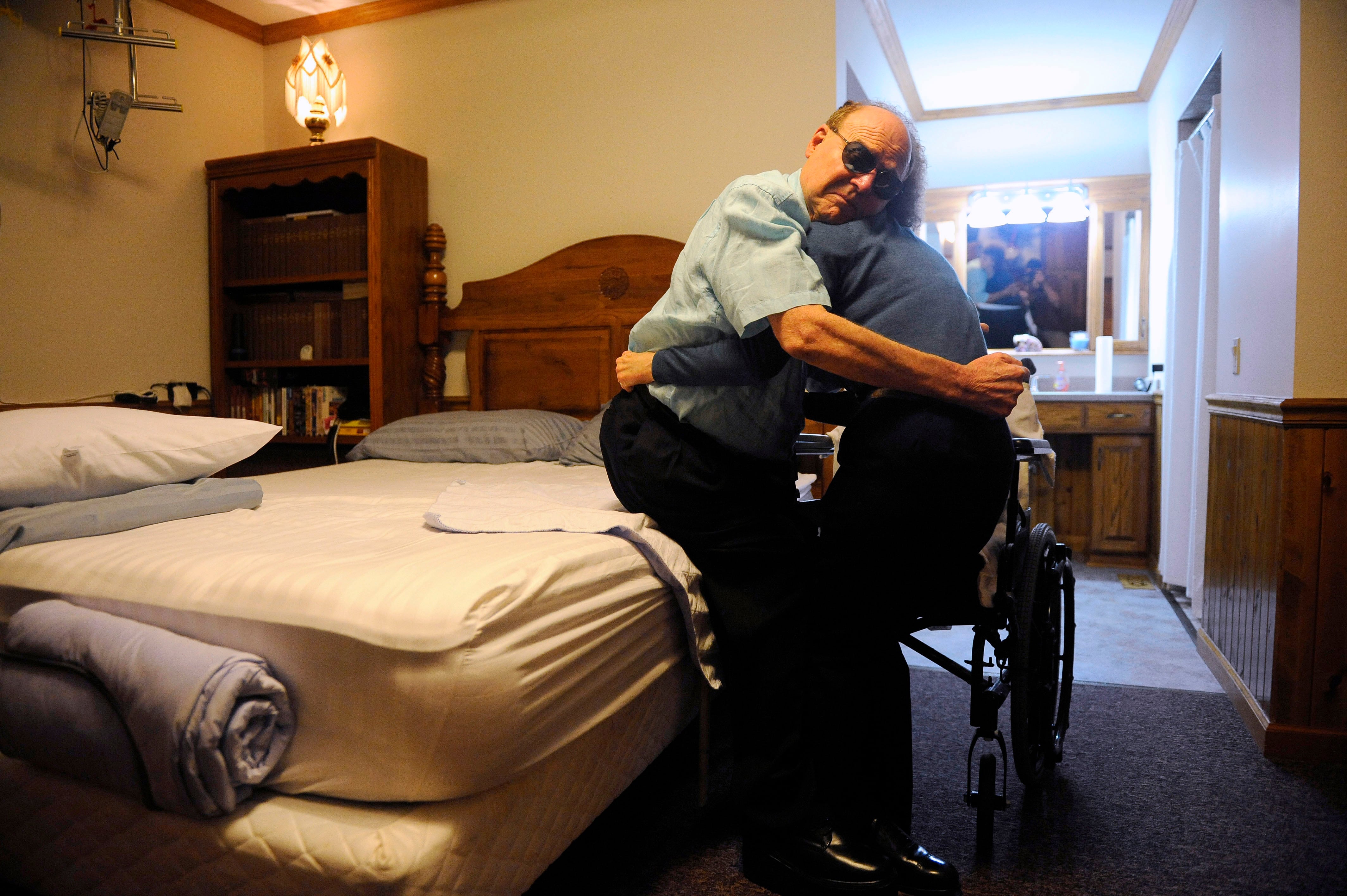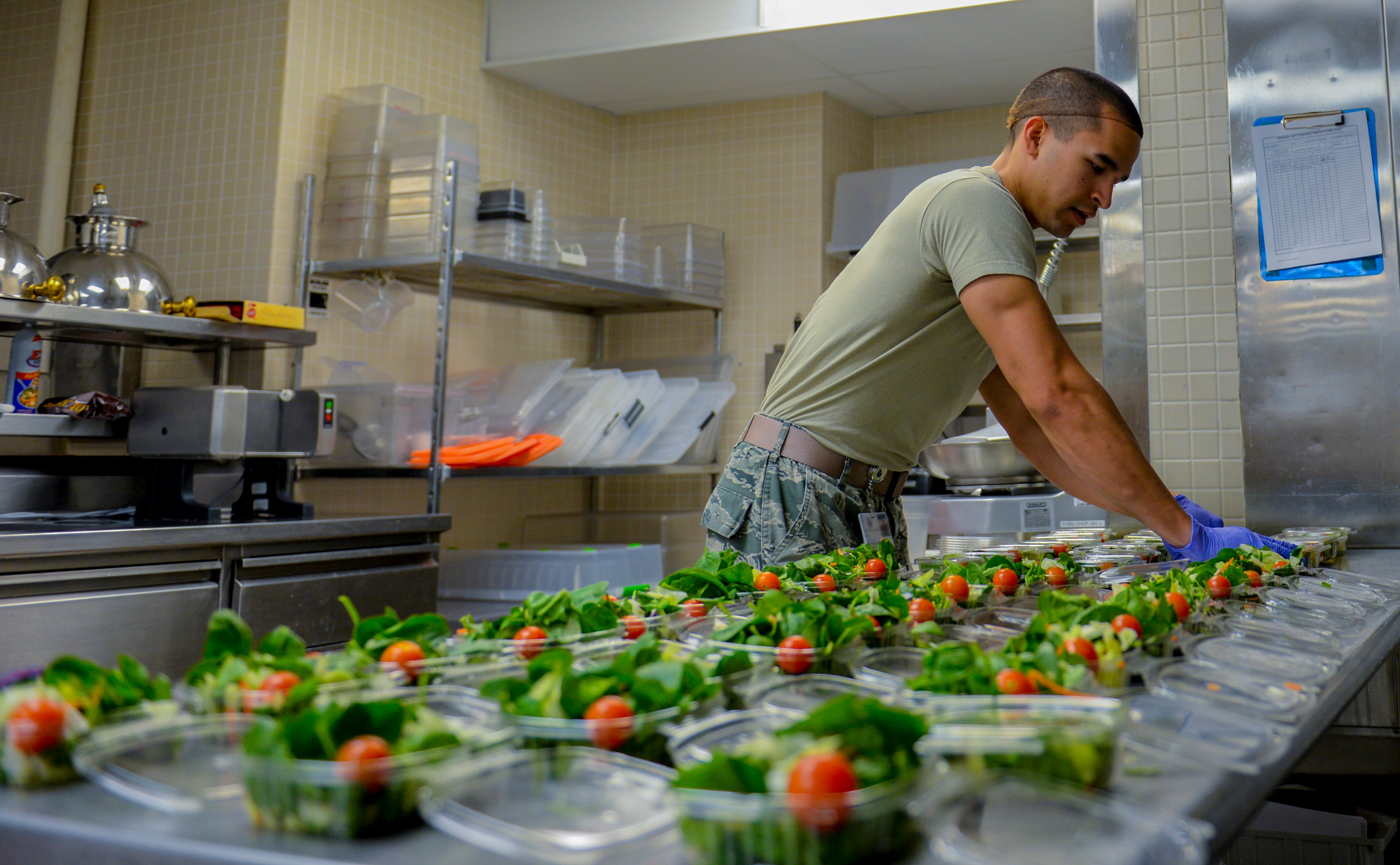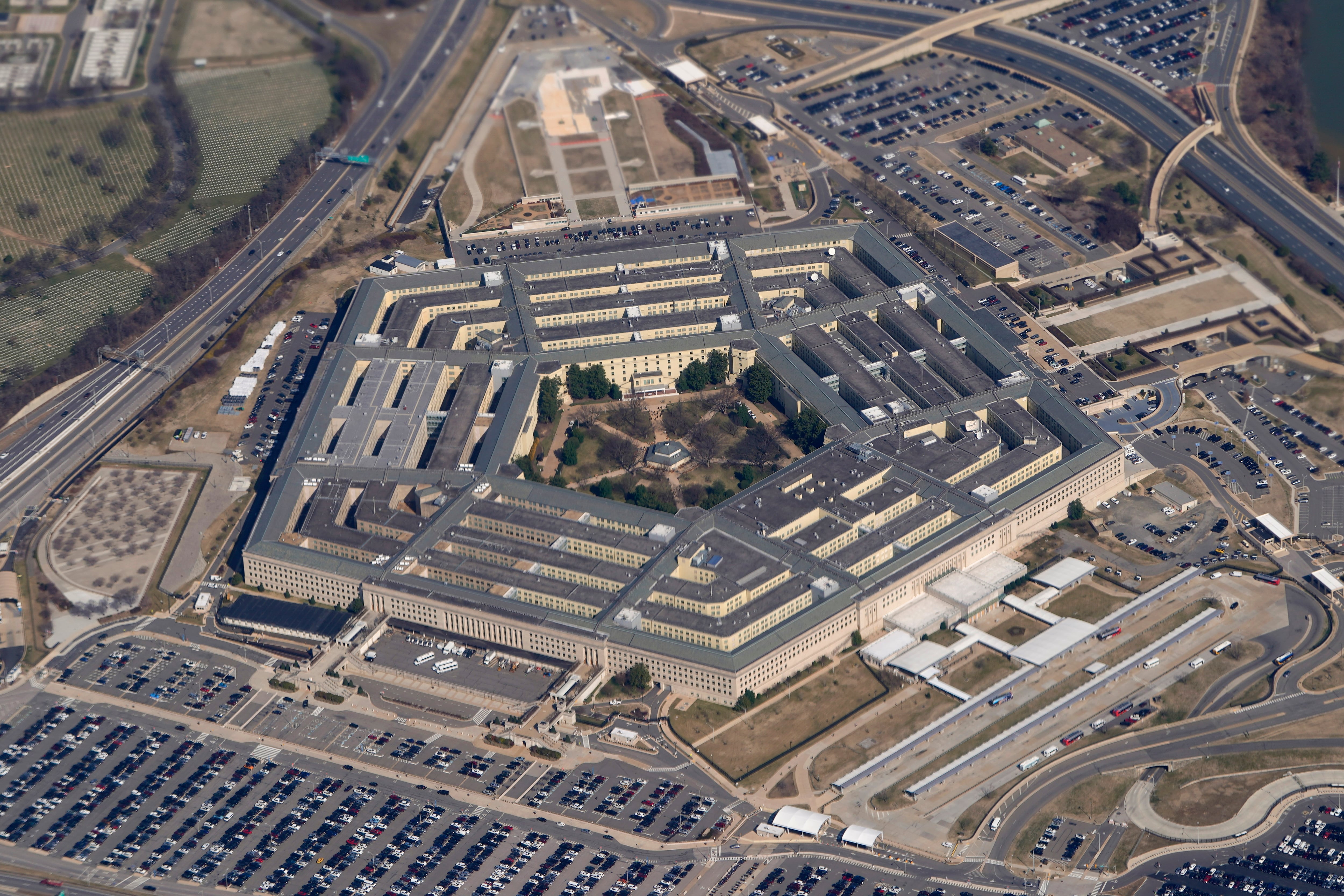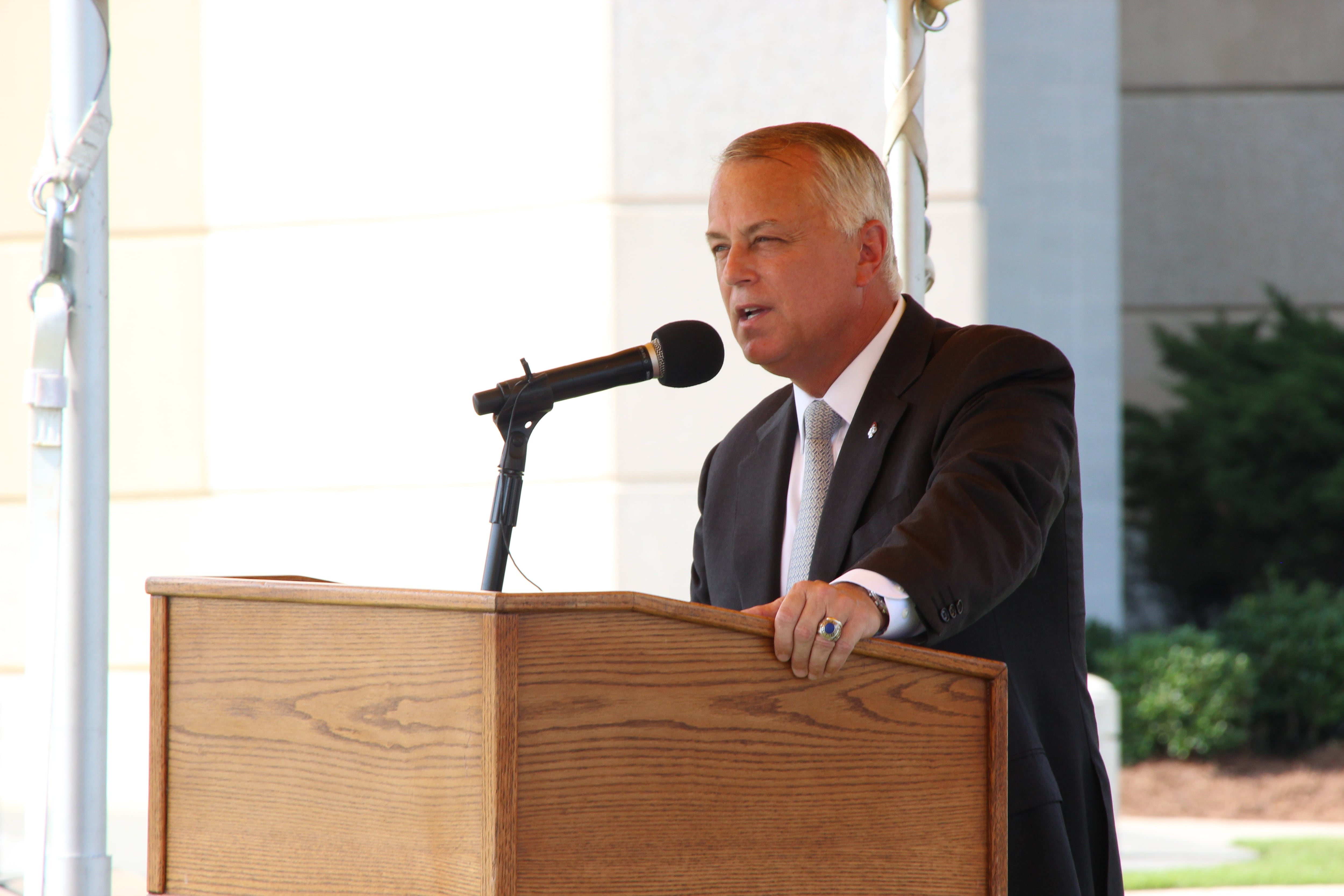Tens of thousands of family caregivers across the country provide daily assistance to wounded veterans, but advocates say the federal government is just now on the verge of fully embracing their role in veterans’ medical care.
Late last month, Veterans Affairs officials agreed to a set of 12 recommendations offered by a special advisory group of veterans advocates and community activists, the culmination of 18 months of work by the panel.
Supporters say the ideas will help codify caregivers into the VA system: guaranteeing their inclusion in medical check-ups, creating new training and support services and expanding research into their challenges. The results, they hope, will not only improve VA offerings but also the civilian health care community nationwide.
VA officials said the changes will be put in place over the next year. Recently, Military Times sat down with Elizabeth Dole, chair of the commission (and herself a caregiver to former U.S. Senate majority leader Bob Dole, a wounded World War II veteran), and Steve Schwab, CEO of the Elizabeth Dole Foundation, to break what the new recommendations mean.
RELATED
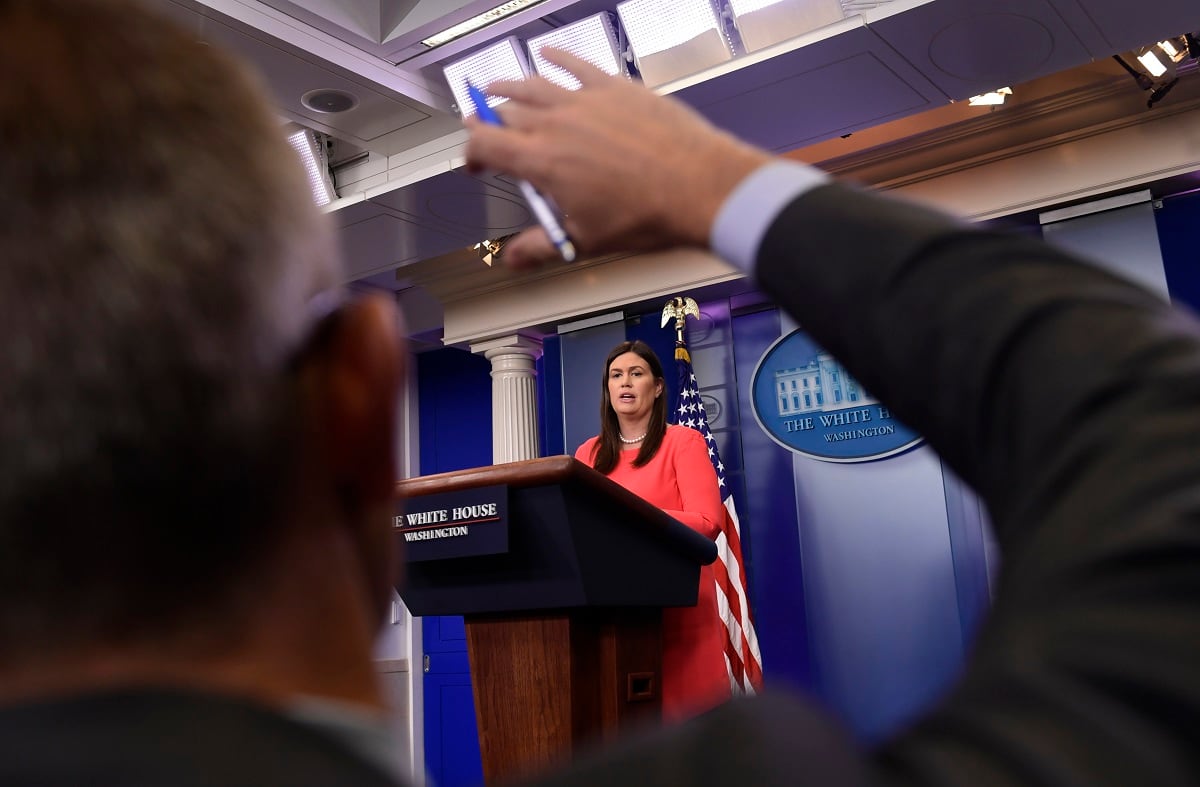
Note: A list of the full recommendations is available on the foundation’s web site.
Recommendation 1: VA should organize all relevant caregiver benefits in one location and add benefits to fill in any gaps in support.
Dole: “One of the main problems of caregivers has been trying to navigate through all of this. The VA is the largest integrated health care system in the world, but there are also so many other benefits spread throughout the government. So it just makes sense to provide better coordination, collaboration.”
“That’s one of the ideas where you think, ‘Why didn’t we have this 10 years ago?’”
Recommendation 2: Establish a centralized office to oversee programs affecting caregivers, families and survivors.
Dole: “We need to nail down the fact that these three populations are essential to VA carrying out their responsibilities. So they’ll be front and center — looking at budget requests, legislation, policy.”
Schwab: “VA staff who have been passionate about helping have been screaming for this, because right now there is no official screen for these populations.”
Recommendation 3: Identify and update models to address the needs of caregivers and families with outside groups.
Dole: “A lot of research gets left sitting on the shelf. This is designed to make sure it gets moved into action.”
Schwab: “There’s already a VA Center for Excellence on caregivers, so this will make sure that work is looked at and replicated.
Recommendation 4: Better collect and analyze data on caregivers and their families.
Dole: “Right now, all the data we have on caregivers is on the 38,000 people in the VA official caregiver program. But (in surveys of veterans), 2.5 million veterans said they need a caregiver. So there needs to be a massive collection of new data.”
Schwab: “There is no systematic collection of data now. So groups like ours who are trying to serve this population don’t have a lot to go on.”
Recommendation 5: Better collect and analyze data on the children of caregivers and their families.
Dole: “There’s not one piece of evidence-based data out there now about the impact of this caregiving on military children. And yet you know these children are impacted in many ways, seeing these injuries. Many are caregivers themselves. So it’s a new area that we need to pursue.”
Recommendation 6: Conduct a thorough analysis of the need for respite care resources and their availability.
Dole: “This is a number one issue with caregivers, an opportunity to break away for a bit. The veteran directed Home and Community-Based Care is terrific … but it needs to be expanded.”
Schwab: “Right now, the utilization rate is abysmally low, even though it’s one of caregivers’ top requests. That means we’re not being efficient.”
Recommendation 7: Develop plans to improve VA communication with caregivers and their families.
Dole: “There’s going to be about 150,000 caregivers receiving stipends once the program is fully expanded (in coming years). We need to come up with training opportunities too, to improve the caregivers’ experience with VA professionals. They need to feel like someone is listening to them.”
Recommendation 8: Improve training for caregivers, and Include them in veterans’ medical planning from day one.
Schwab: “This was the reason we started this push, because we saw a huge gap in the beginning of the journey. Doctors, nurses were not integrating caregivers into the medical team.”
Dole: “They weren’t even listening to them in many cases. Caregivers weren’t permitted in the treatment room. It’s crucial that they be in there.”
Recommendation 9: Include an official designation for caregivers in veterans’ health records.
Dole: “There is so much frustration here. Is the record up to date? When the veteran goes outside, do the veterans’ files follow? So this requires that the caregiver be included in relevant discussions of health record modernization, and then at the day of intake have their name recorded in the official records. That’s a game changer.”
Recommendation 10: Standardize the veterans clinical appeals process and better integrate caregiver and family input.
Dole: “Right now that work is all localized. Can you believe that? How can anyone plan when we see a wide difference from medical center to medical center?”
“We hear from caregivers saying, ‘You had things happen that way? It was completely different for me!’ We can’t have that.”
Recommendation 11: Ensure caregivers have a 90-day bridge period before any changes are made in support stipends.
Dole: “The idea of a grace period has already been accepted in principle. It’s already 90 days when someone is dropped off the program.”
Schwab: “Stability is so important to these families. So we’re really keen on making sure that everyone is ready when there is a change.”
Recommendation 12: Reduce medical evaluations for the most catastrophically wounded and injured veterans.
Schwab: “For folks with wounds that will never change, this will lessen the burden on them.”
Dole: “In some cases, why are we asking, ‘Do you still need a caregiver?’ … When you look at all of the things these families need to navigate, these kind of changes make sense.”
Leo covers Congress, Veterans Affairs and the White House for Military Times. He has covered Washington, D.C. since 2004, focusing on military personnel and veterans policies. His work has earned numerous honors, including a 2009 Polk award, a 2010 National Headliner Award, the IAVA Leadership in Journalism award and the VFW News Media award.
